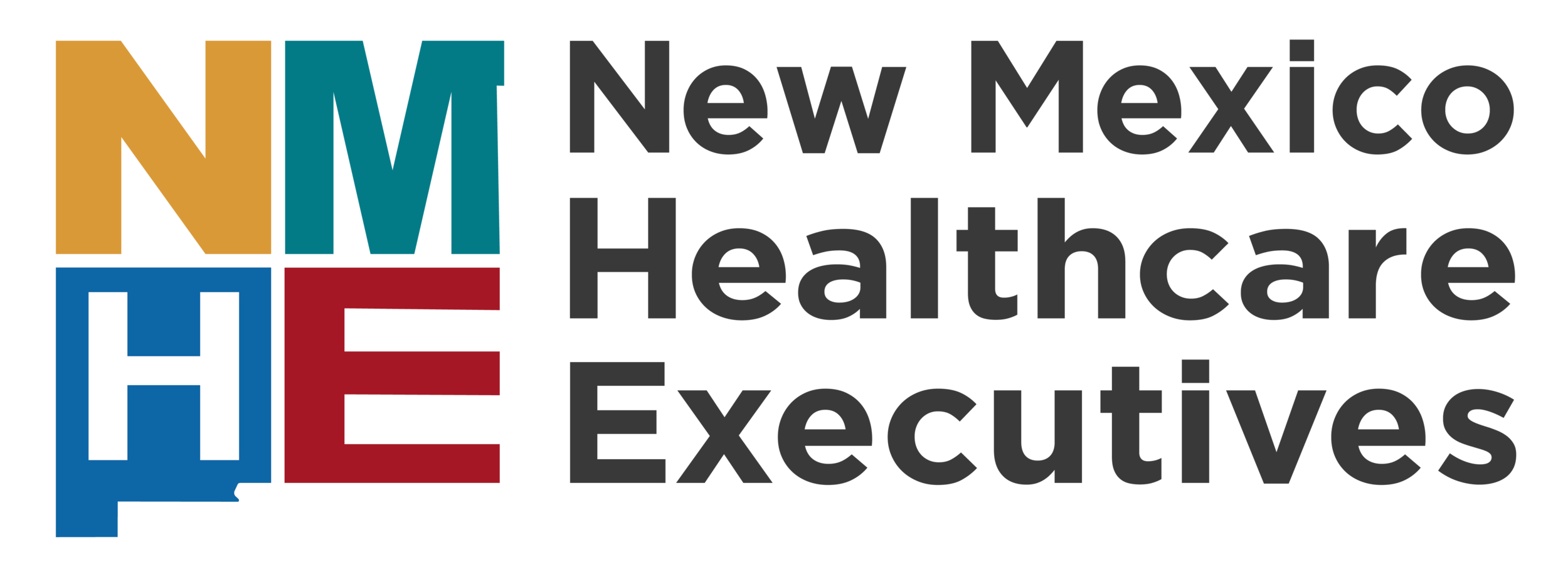Institutions: National Public Health and Hospital Institute; National Association of Public Hospitals and Health Systems; The Disparities Solutions Center; Institute for Healthcare Improvement
Authors: Linda C. Cummings, PhD Vice President for Research, National Association of Public Hospitals and Health Systems, Director of National Public Health and Hospital Institute; Bernice A. Bennett, MPH, CHES Assistant Vice President for Quality and Performance Improvement, National Association of Public Hospitals and Health Systems; Amy E. Boutwell, MD, MPP Content Director, Institute for Healthcare Improvement; Edward L. Martinez, MS Senior Consultant, National Association of Public Hospitals and Health Systems
Resource type: Evidence-based report/guide
Link to resource: https://5536401f-20a1-4e61-a28e-914fb5dcef51.filesusr.com/ugd/888d39_e8585bda66b047178341de4a094a8b9f.pdf
From resource: The Healthcare Equity Blueprint offers strategies and practices that can be tailored to individual hospitals to address equity in providing quality care. The Blueprint is a starting point for designing and implementing interventions to address racial and ethnic disparities in health care. Aspects of this Blueprint apply to numerous health care settings, but the primary focus is on hospitals. In addition, the Blueprint should be considered “a work in progress, “to be improved and modified by hospitals that use it.”
